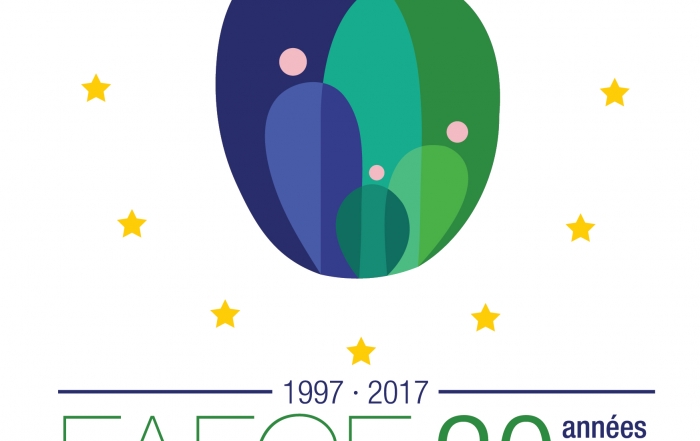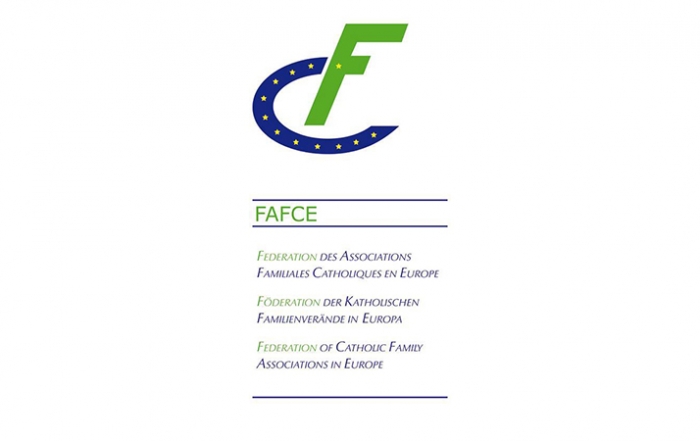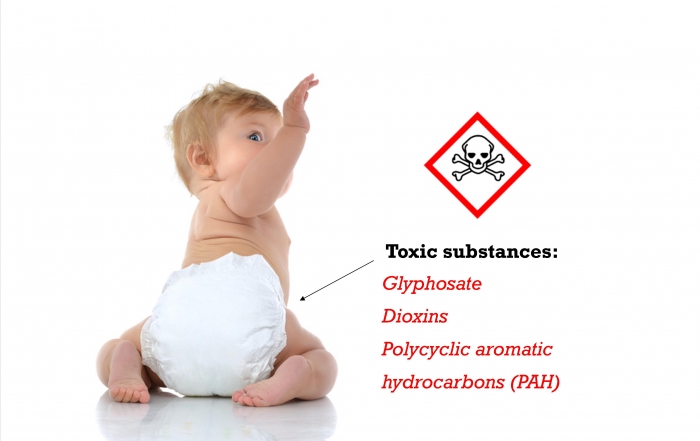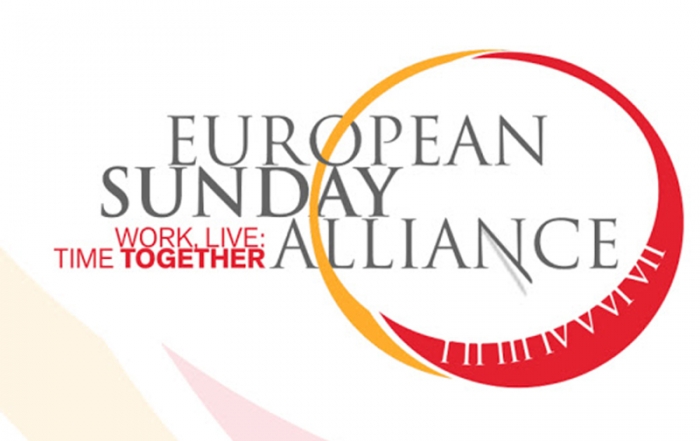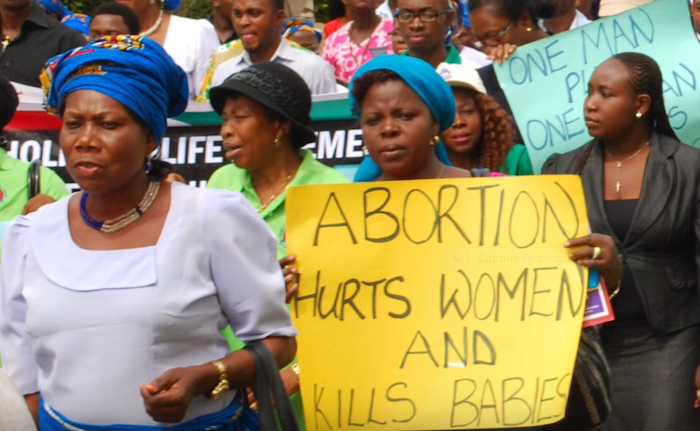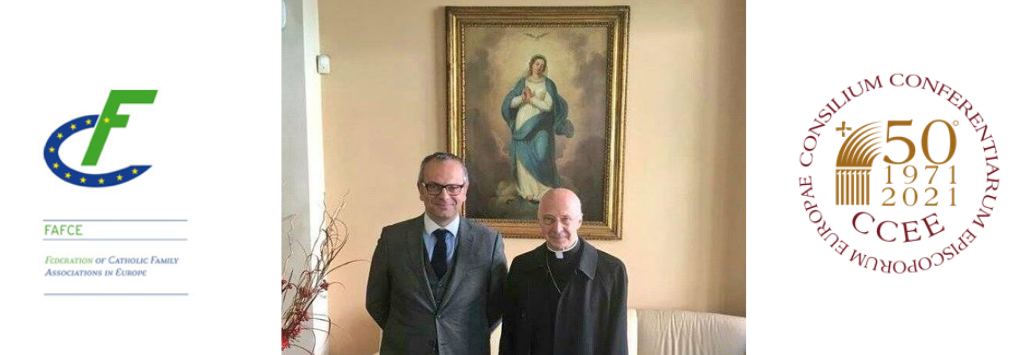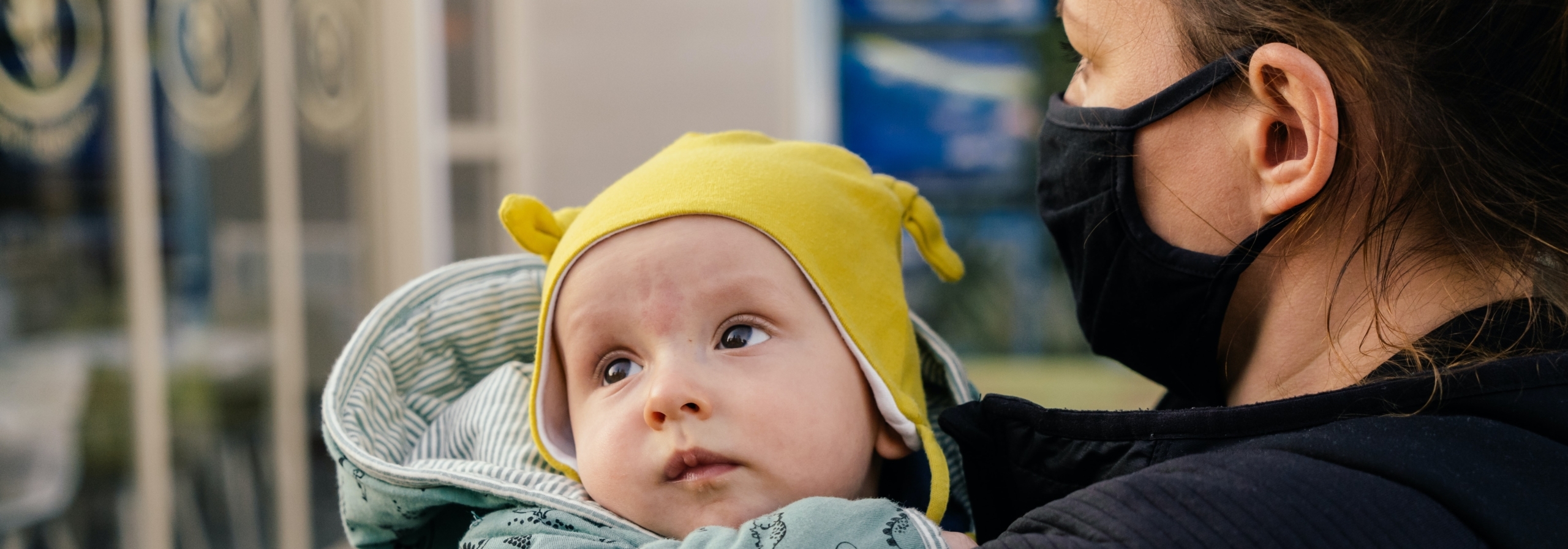Pornography
Much of the pornography currently produced and made available through the Internet stands in serious conflict with gender equality, tackling stereotypes, protection of vulnerable persons and the promotion of human rights. Harmful effects produced by the consumption and production of pornography have been documented. Pornography has been found to desensitize the consumer to sexual aggression, causing sexual aggression towards women, normalizing sexual assault, and also producing rape myths, all of which has serious consequences for any attempt to reach gender equality.The current legal reality is that there are very few effective regulations governing pornography either domestically in the European Parliament or Council of Europe region or internationally. We are trying to make awareness in this section of our site of this phenomenon in our today society which affects our families and our children.
FAFCE 20th Anniversary Declaration
Families’ are Europe’s Treasure and building block for the future Rome, 30 May 2017 60 years after the Treaty of Rome, followed by the longest period of peace in Europe, the challenges for peace
Press Release | Celebrating 20 years of promoting the family!
Brussels, 24 May 2017 The members of the European Federation of Catholic Family Associations - FAFCE will gather in Rome for three days next week to celebrate the 20th anniversary of FAFCE. The highlight
Press Release | International Day of the Family, the first place of education and relationship
Brussels, 15 May 2017 Today is the International Day of the Family, proclaimed for the first time by the United Nations in 1994. As the theme of this year is "Families, education and well-being”, FAFCE
Press release | Audiovisual Media Services Revision adopted in the Committee: need for a stronger action against pornography
FAFCE expresses its deep concern regarding the vote that took place this week, on 25 April, in the Culture and Education Committee (CULT) of the European Parliament on the review of the Audiovisual Media
Investigation reveals presence of toxic components in baby diapers
60 millions de consommateurs, a French magazine edited by the National Institute of Consumption (Institut National de la Consommation), has recently conducted tests of the materials used in baby diapers and found traces of toxic
Press Release | Protect the dignity of women, prevent pornographic addiction!
As the International Day of Women is observed in political institutions across the world today, the European Federation of Catholic Family Associations (FAFCE) wishes to draw attention to the dignity of women and
Press release | 3 March: European Day for a Work-Free Sunday
Brussels, 2 March 2017 Tomorrow is the European Day for a Work-Free Sunday and the European Federation of Catholic Family Associations (FAFCE), in the framework of the European Sunday Alliance, wishes to raise awareness on the
Press release | African & European voices united: Yes to safe deliveries, No to abortion!
Brussels, 28 February 2017 Following the reinstatement of the so called Mexico City Policy by the United States, the funding of organisations providing abortion services abroad, such as the International Planned Parenthood Federation, Marie Stopes International
Public Consultation in Ireland Supports Abortion Ban
In Ireland a Citizens’ Assembly is preparing a report on the abortion ban in the country. A public consultation launched by the Assembly received more than 13,500 submissions, of which an overwhelming majority
PRESS RELEASE | FAFCE and CCEE Sign a Memorandum of Understanding
9 July 2021 JOINT PRESS RELEASE Family associations at the service of the Church and the common good Agreement between the Federation of Catholic Family Associations in Europe (FAFCE) And the Council of the European Bishops’ Conferences
The European Parliament Approves a Report on Ageing Packed with Pro-Family Measures
Unpaid care work is still work...The fact that national pension schemes do not reflect it is a major cause of social exclusion and old-age poverty, especially amongst women. Until the European Union and its Member States plug this gaping hole in the EU’s social contract, the ambitious social objectives advanced in the report will be stymied.
Council of Europe: Parliamentary Assembly calls for supporting parents in the prevention of child poverty and the post-pandemic socio-economic crisis
6 July 2021, On the 22nd of June 2021, the Parliamentary Assembly of the Council of Europe (PACE) adopted two Reports and Resolutions at the Summer Session, focusing on the socio-economic impacts of the Covid-19 pandemic. A Resolution on
European Commission Long-Term Vision for Rural Areas Focuses on Social Challenges
5 July 2021 On June 30th, 2021, the European Commission published its long-awaited Long-Term Vision for Rural Areas, which outlines the Commission’s strategy for developing Europe’s rural regions. The document—formally a communication to the European Parliament, the Council of
The EU Slovenian Presidency will “address the negative demographic trends in the EU”
25 June 2021, The EU's Slovenian Presidency will start on the 1st of July 2021 and will continue until the end of 2021. Slovenia is taking over the Council of the EU after Portugal, which took over from Germany.
Matic Report: let’s respect subsidiarity and stay focused on the future
Statement of Vincenzo Bassi, President of the Federation of Catholic Family Associations in Europe (FAFCE) Brussels, 23 June 2021 "Once again the Women's Rights Commission of the European Parliament proposes a document which, although legally non-binding, presents a series


